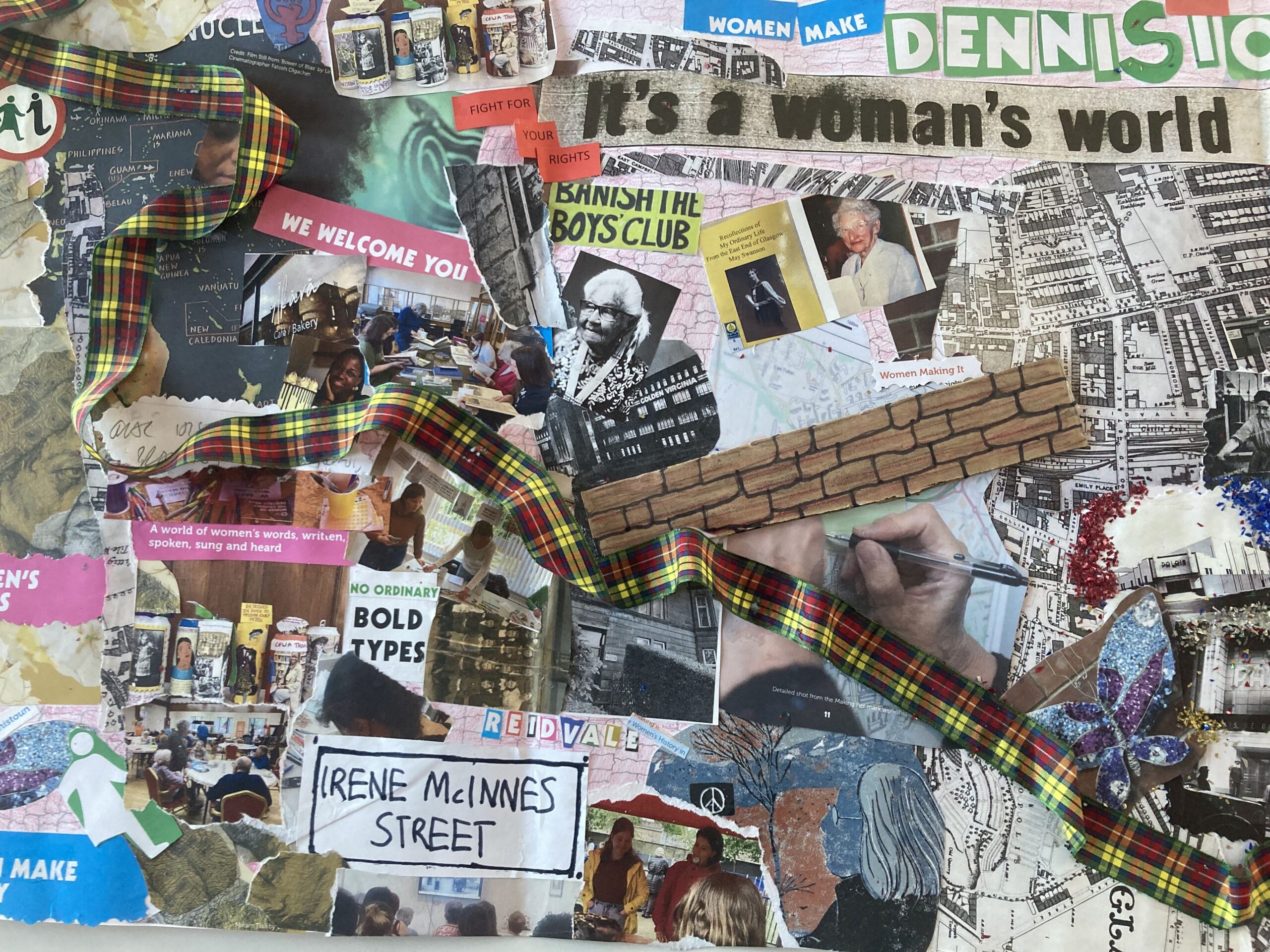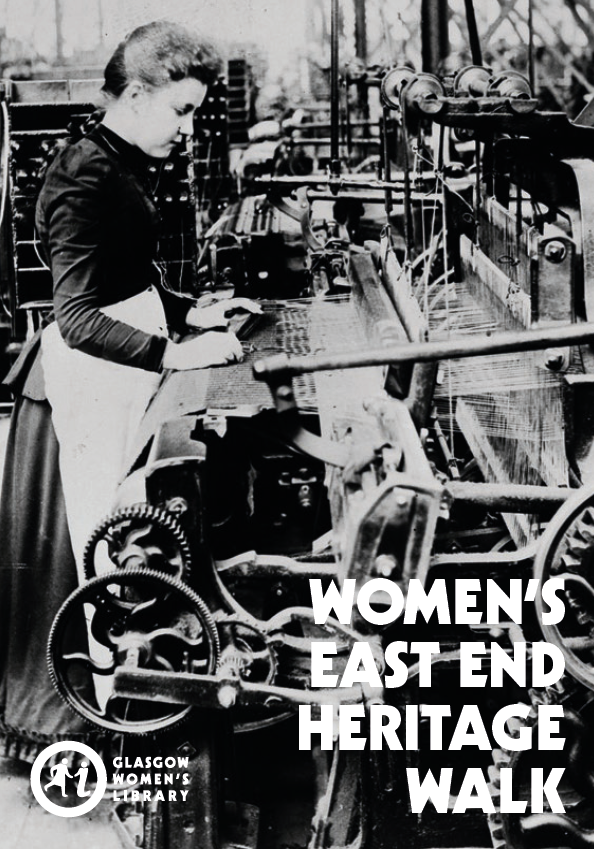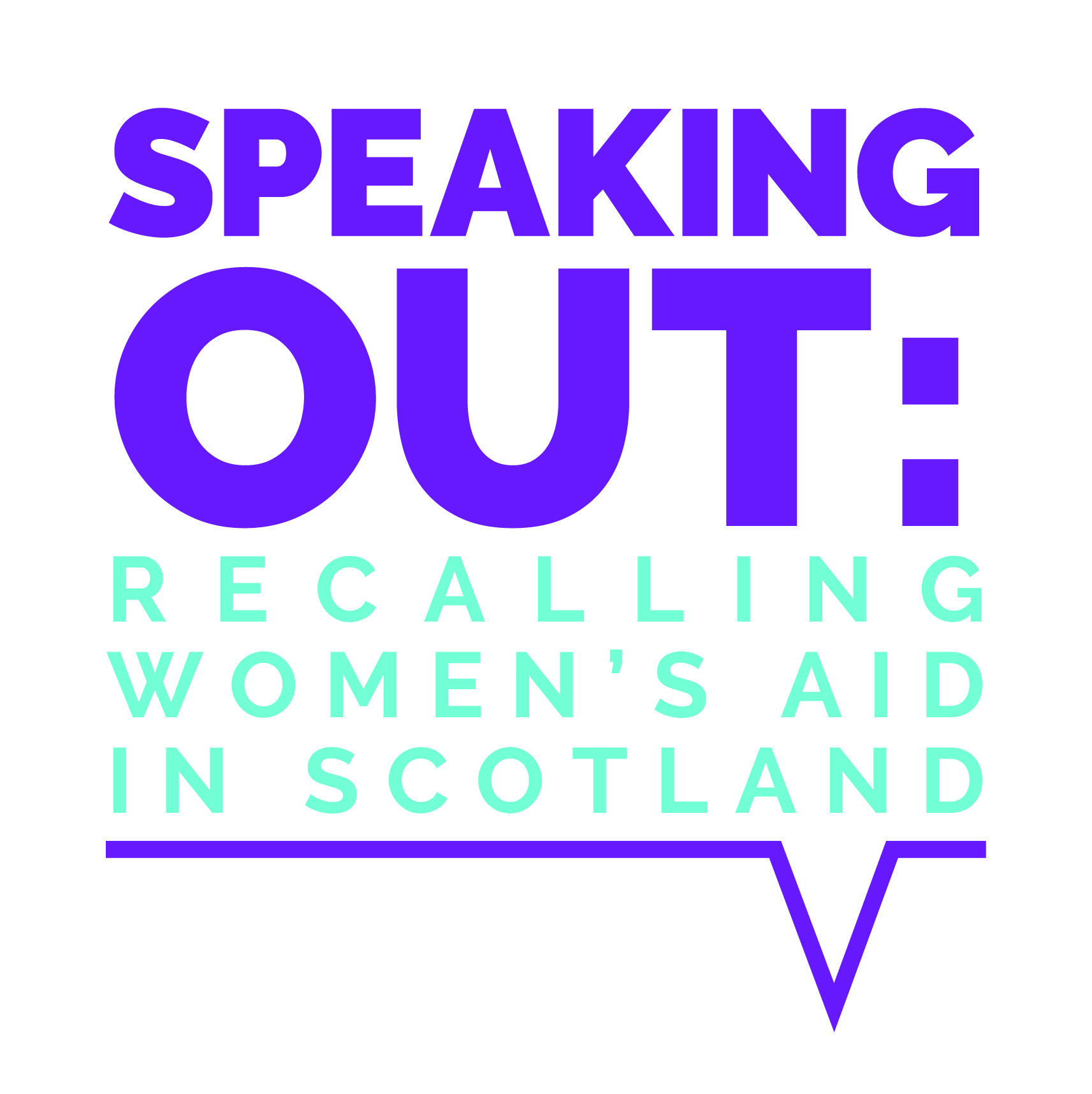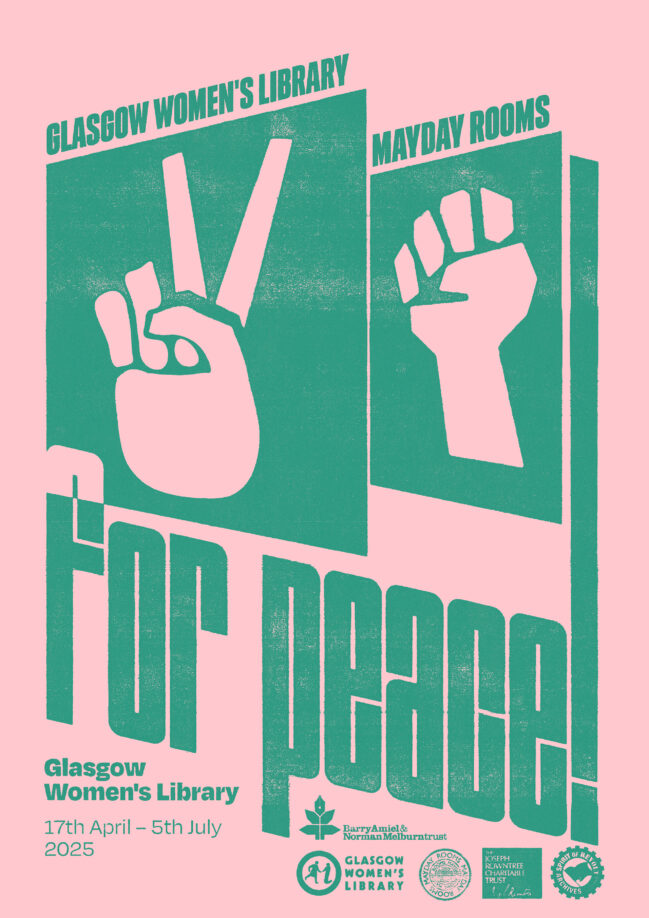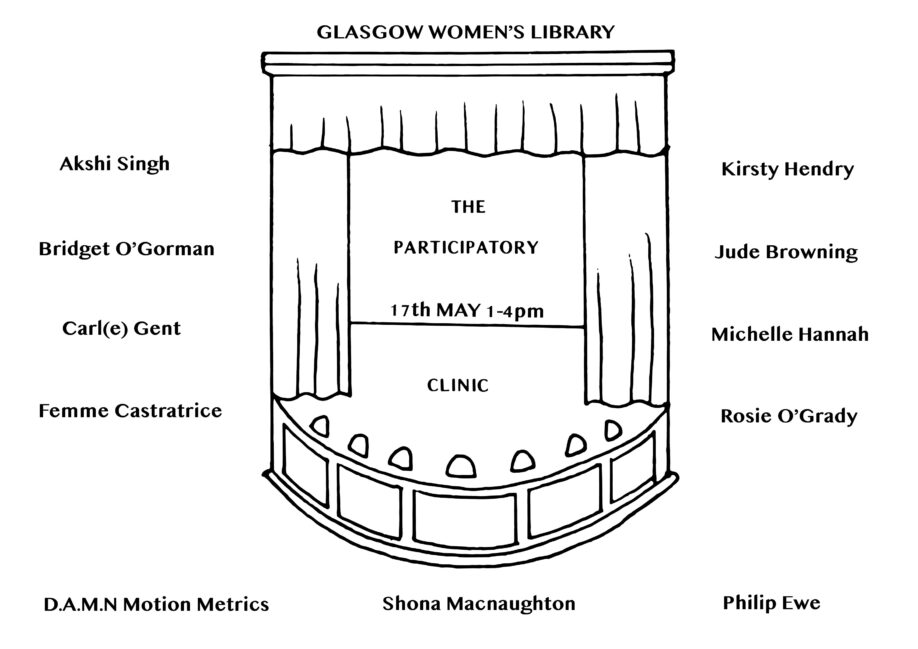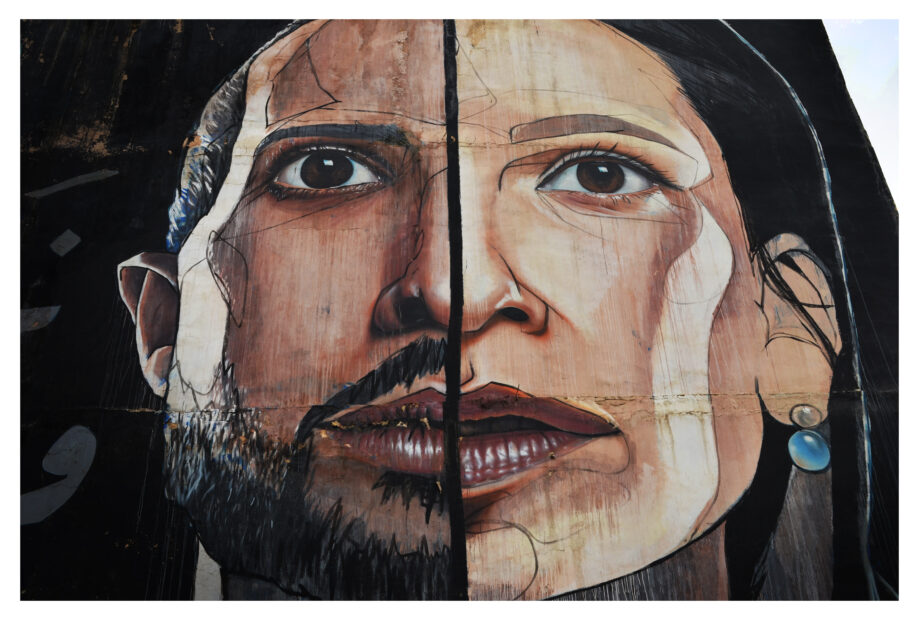Hello! My name is Kirsten, and I am currently undertaking a MSc in Applied Gender Studies. Part of my master’s is a research placement which I am completing at the Glasgow Women’s Library (GWL). I am working in their archive and helping to produce a catalogue of their photo collection. I would also like to draw connections between the items in the collection and the key principles outlined in the 30th anniversary work; anti-racism; LGBTQ+; green/environmental work; access; change making; violence against women. Many of these themes are already evident throughout the collection including photos of GWL at various pride marches and photos of staff working in the GWL allotment.
Organising and categorising the photo collection will increase how accessible it is for researchers and library visitors. The photo collection currently exists across 11 archive boxes, a ring binder box, and some loose photographs and folders. Though given the donation-based nature of GWL’s archive, the collection is ever growing.
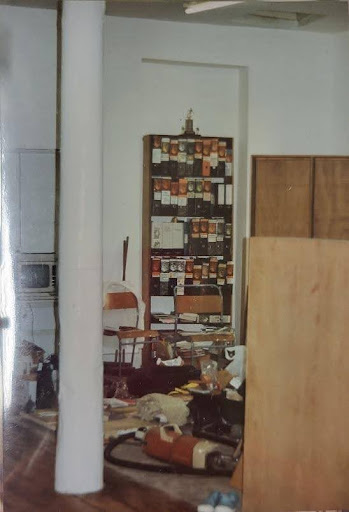
I had a class last semester titled Feminist Knowledge, Feminist Research. Included in that was a week on ‘Feminist Archives, Libraries and Museums as Places of Knowledge,
Research and Feminist Practice’. Alongside reading academic articles on feminist archiving, the class went on a visit to GWL where the focus was on the importance of creating knowledge in a feminist way. One of the main ways GWL achieves this is through their feminist classification scheme which prioritises bringing women’s voices to the forefront of history. Another student placement, Celine, wrote on GWL’s feminist classification system. One of the main reasons for developing their own classification scheme for both the lending library and the archive was to combat the biases evident in the most widely used library classification system, the Dewey Decimal System. In working to eliminate this bias from the
space, GWL solidifies a commitment to fairness, equality, and making a space where women feel listened to.
GWL first opened in 1991, growing out of a project that sought to address the inequalities faced by women artists during Glasgow’s year as the European City of Culture in 1990. Starting at premises in Garnethill, in 1994 the library moved to Trongate 109. Undertaking a huge amount of work the GWL
team renovated the space to make it into an inviting feminist hub in the city. The collection contains photos of this work which include women sanding floors and painting walls. Moving to a larger space was an act of resistance that pushed back against those who denied women space and access.
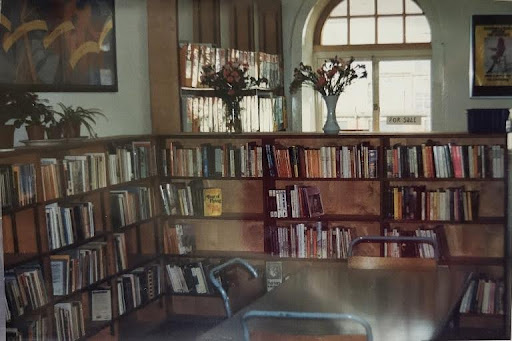
Moving into the Trongate space not only allowed them to expand and showcase the archive and lending library but it also gave them the ability to hold Lifelong Learning classes. These classes were on a range of topics from Introduction to Computers, Get into the Garden and Get Wise to the Scottish Parliament. The classes that there is photographic material of show a wide range of skills and topics that the library covered. From teaching employability skills to giving people the knowledge needed to understand politics. The library’s Lifelong Learning initiative is still ongoing through Adult Literacy and Numeracy classes. Beverly, a volunteer at the library wrote this blog post, on the history of the programme and its importance to the library.
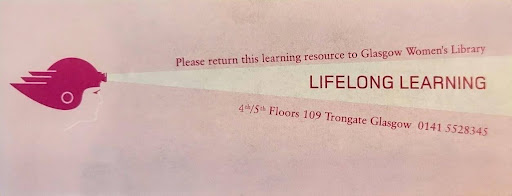
These classes highlighted the grassroots activism that is so integral to the foundations of feminist spaces like GWL. Grassroots activism involves people from a given community putting in the work to improve that community and it is undeniable that GWL is a stellar example of such work. Projects like Lifelong Learning and their high intake of student placements help the library feel accessible for everyone.
Recently, I have come across discussions of third spaces, which equates to a space that is neither home nor work, it is a place to just be – something that the current system so often denies us. Writing for the BBC Angela Henshall discusses how the loss of third spaces alongside the erosion of work/life boundaries during the pandemic affected people’s emotional wellbeing. Third spaces where people can be free of responsibilities are more important than ever. Glasgow Women’s Library fosters a sense of community which undoubtably comes from providing a space to learn and interact with others, or just exist outside of the home or workplace. Feminist spaces like GWL provide a place where people can relax, learn, and organise. This has always been true of GWL, as is evident in photographs from the 1990s where people can be seen organising and socialising in the library.
GWL’s dedication to creating a safe, fair, feminist space speaks of its core values of openness and respect, valuing all women, and learning and development. GWL functions as a community space where people can borrow feminist literature, work in the archive with tangible pieces of feminist history and be in a space where they will be respected and treated with kindness.

